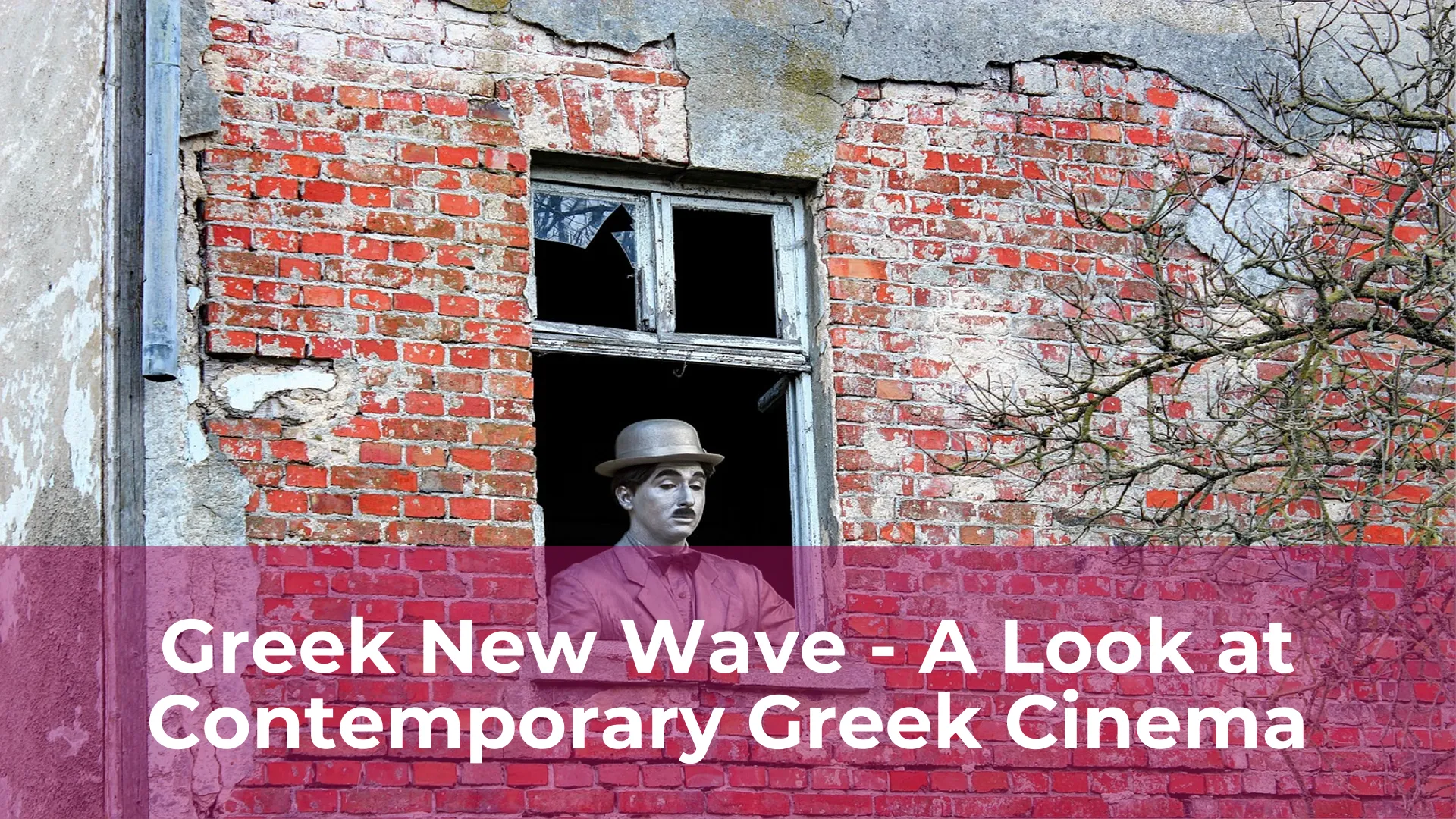Greek cinema has undergone a remarkable transformation in recent years, with a new generation of filmmakers spearheading a wave of creativity and innovation. Known as the Greek New Wave, this movement has captured the attention of both audiences and critics alike, both in Greece and around the world. These filmmakers are breaking new ground with their fresh perspectives on traditional Greek themes, exploring issues of identity, belonging and social justice.
Introduction: The Rise of the Greek New Wave
Over the past decade, Greek cinema has been experiencing a renaissance known as the “Greek New Wave.” This movement has produced a new generation of talented filmmakers who have gained international acclaim for their unique and daring films. The Greek New Wave is characterized by its unconventional narratives, striking visuals, and bold social commentary.
One of the most notable directors to emerge from this movement is Yorgos Lanthimos, whose films such as “Dogtooth” and “The Lobster” have garnered critical acclaim and awards at major film festivals. Other notable filmmakers include Athina Rachel Tsangari, Babis Makridis, and Alexandros Avranas.
The Greek New Wave has been praised for its willingness to tackle difficult subject matter and challenge traditional storytelling conventions. These films often offer a bleak and surreal view of contemporary Greek society, exploring themes such as family dysfunction, corruption, and societal decay. Despite their challenging subject matter, these films have been embraced by audiences and critics alike, demonstrating the enduring power of cinema to provoke and inspire.
The Role of Politics and Social Issues in Contemporary Greek Cinema
Greek cinema has always been heavily influenced by the political and social issues of the time. In contemporary Greek cinema, these issues are more prominent than ever before. Filmmakers are using their platform to address topics such as immigration, economic crisis, and the rise of nationalism in Greece. This has led to a new wave of socially engaged cinema that is both thought-provoking and entertaining.
One of the most significant ways in which politics and social issues are reflected in contemporary Greek cinema is through the portrayal of the country’s economic crisis. Many Greek filmmakers have sought to capture the ways in which austerity and financial instability have affected everyday people in Greece. Through their films, they shed light on the harsh realities of life in Greece and the struggles that people face to make ends meet.
Furthermore, Greek cinema has also tackled issues of identity, particularly in the context of immigration and the rise of far-right nationalism. This has resulted in films that explore the experiences of immigrants in Greece and the tensions that have arisen between different communities in the country. By doing so, they have raised important questions about the nature of identity and belonging in modern-day Greece.

